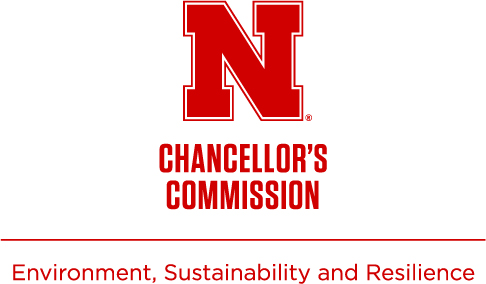
The Sustainability Initiative seeks 16 instructors to infuse sustainability and resilience concepts into their courses. Integration of sustainability and resilience will involve the use of pedagogical approaches that will benefit student learning. Sustainability and resilience empower students to think about systems and the use of spatial and temporal reasoning in their own decision making.
Sustainability is a framework concept that aligns with UN Sustainability Development Goals, many of which relate to issues of environmental justice, diversity, and inclusion. By bringing together the challenges and solutions to living sustainably and creating resilient systems, educators will readily connect students to important societal issues including human population, increased resource needs (food, energy, water, etc.), and human impacts on the environment.
The goals for this professional development program are:
- increase sustainability and resilience literacy among students
- connect students and faculty to social issues at the local to international levels
- create a community of faculty who have knowledge and awareness of sustainability and resilience
One or more of the following student learning outcomes will be integrated into a current course: students will be able to define sustainability and resilience; explain how sustainability relates to their lives and values; identify how their actions impact issues of sustainability and resilience; utilize their knowledge of sustainability to change their daily habits and consumer mentality; and apply concepts of sustainability to their community.
Workshop participants will develop a new course module that explicitly integrates sustainability and resilience concepts into curricular experiences using student-centered pedagogy. The workshop series will use resources from the NSF-funded Interdisciplinary Teaching about the Earth for a Sustainable Future project, and the Science Education Resource Center.
The workshop series will consist of a one-day, kick-off workshop that introduces the concepts of sustainability and resilience, student-centered pedagogy, and SERC/InTeGrate resources. Participants will use four monthly, 1.5 hour workshops to create curricular modules that will include assessment rubrics during the fall 2019 semester. These modules will be required to be tested in courses during the spring 2020 semester. At the end of the spring semester, the group will convene to present data and revise their modules. Products from these modules will be available to the community through the Chancellor’s Environment, Sustainability, and Resilience Commission. We envision this workshop to become part of the ongoing activities of the CESRC.
The kick-off workshop is on August 19 from 9 to 5 p.m. at Hardin Hall Room 162 on East Campus. The follow-up workshops are Sept. 13, Oct. 11, Nov. 8, and Dec. 14 from 1 to 2:30 p.m. with locations to be announced.
Each instructor will receive a $1,500 stipend that will be split into two payments. The first will be paid at the completion of fall 2019 semester workshops and acceptance of their module for use in the spring. The second will come after the module is tested and assessment material is submitted during the spring 2020 semester.
To apply, send a statement of interest, one–page CV that outlines teaching experience, and class(es) you plan to use the module in spring 2020 to Dave Gosselin, director of the UNL Sustainability Initiative, at dgosselin2@unl.edu.
More details at: http://sustainability.unl.edu